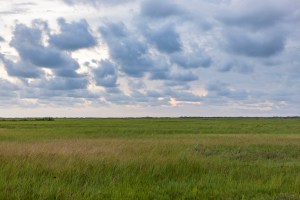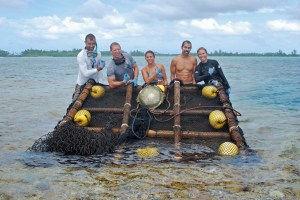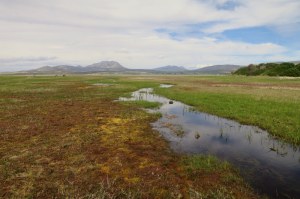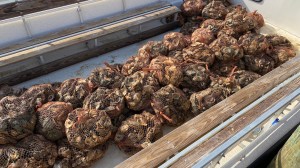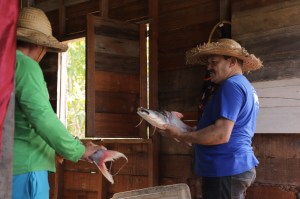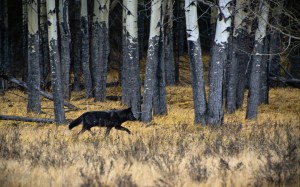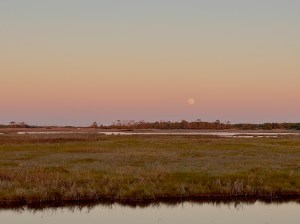Discover stories in Conservation Science
Mad Island: Fire Restores Prairie on the Texas Gulf Coast
To restore the prairie, you have to burn it.
The Nature Conservancy Announces Expansion of First dFAD Partnership
This year on World Tuna Day, The Nature Conservancy (TNC) Hawai‘i and Palmyra announces the expansion of the first drifting […]
The First World Map of Tidal Marshes
A new global map of tidal marshes, one of the world’s most productive ecosystems.
What It’s Like to Document California’s Disappearing Kelp Forests
Documentary filmmaker Tyler Schiffman turns his camera onto the people rushing to save a marine ecosystem on the verge of collapse.
What Happens When You Expose an Oyster to Crab Pee?
To build stronger oyster reefs, scientists are scaring them with one of their fiercest predators: blue crabs.
Dorado Catfish: Protecting an Epic Migration
The Amazon’s dorado catfish undertakes a 6,500 mile round-trip migration, vital for the ecosystem and humans alike
Why Are Some Wolves Black? The Answer Will Surprise You
Black wolves are more common in some populations than others, and recent research finds a surprising correlation.
Small Land Holders Can Lead the Way in Tropical Tree Cover Restoration
Science shows that when it comes to tropical forest restoration at scale, small landholders matter. A lot.
8 Invasive Animals You Didn’t Know Were Invasive
There are some invasive species that get a lot of press. Many others, though, are more mundane. And you might not realize they're invasive.
50 Fish, 50 States: Refuge
The U.S. National Wildlife Refuge system, in its 120th year, is one of the largest protected area networks in the world. And many refuges are great places to fish.
The Camouflaged Looper: This Inchworm Makes Its Own Flower “Costume”
Meet the caterpillar with incredible ability to disguise itself by attaching pieces of plant to its back.
Liana Cutting in Selectively Logged Forests Increases Carbon Sequestration
Cutting lianas, a diverse group of woody climbing plants, is a well-known way to increase carbon sequestration and timber production.
